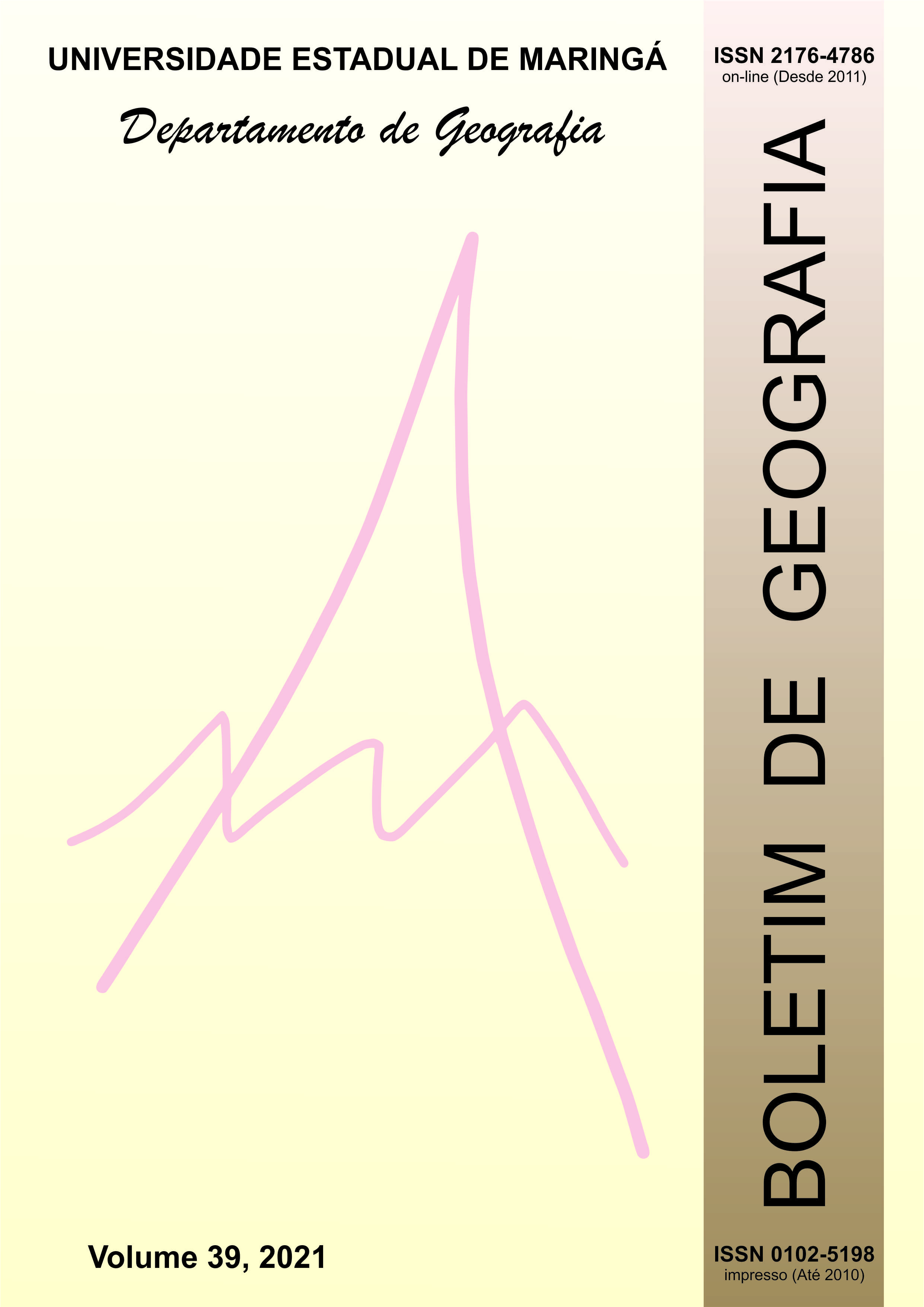The origin of racism, the black movements’ fight and the inclusion of african and afro-brazilian history and culture in school education
Abstract
This article is a partial result of the research project Racial issues and denied citizenships in the city of Londrina-PR. The article aimed to investigate whether the characterization of the self-declared black population and its condition of peripheralization attributed by the State contribute to a greater school dropout in the city of Londrina. The first part of the article sought to carry out a bibliographic survey on the history of racism in Brazil and its consequences; in addition to the importance of the non-stereotyping of the black population in textbooks and also the mandatory approach to Afro-Brazilian History and Culture; African and Indigenous. The results were obtained through questionnaires applied in two public schools in Londrina-PR with students from the 3rd year of high school. The responses were analyzed using graphics and Fonseca’s categorization model (2015) based on Bardin’s Content Analysis (1977). Through the responses to the questionnaires, it was possible to verify the existence of institutionalized racism and how it influences the black community present in the school environment. However, with the creation of the Law 10639/03, the debate about racism begins to permeate the classrooms. Nevertheless, the discussion must remain constant in order to achieve racial equity, not allowing racism, in this sense, to contribute to school dropout.
Downloads
Copyright (c) 2021 Boletim de Geografia

This work is licensed under a Creative Commons Attribution 4.0 International License.
O Boletim de Geografia está licenciado através da Creative Commons Atribuição 4.0 Internacional (CC BY 4.0).
Autores que realizam submissões ao Boletim de Geografia concordam com os sequintes termos:
- Autores retêm todos os direitos autorais e concedem à Revista direitos exclusivos da primeira publicação, com o artigo licenciado sob os termos da Creative Commons Atribuição 4.0 Internacional (CC BY 4.0).
- Após a publicação, fica permitido ao autor a republicação em qualquer outros meios de divulgação, desde que mencionada a fonte original.












